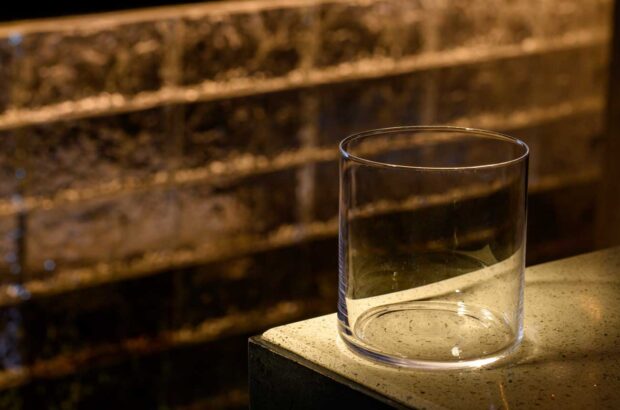Some wines can taste sweeter than they really are, with oak, fruit, acidity and alcohol levels all playing their part in tricking your palate into detecting the presence of residual sugar, says David Glancy MS, of San Francisco Wine School.
There are four main reasons for wine tasters at all levels perceiving sweetness in a wine that is classed as dry and contains very little – if any- residual sugar, according to David Glancy MS.
Lower acidity
When two wines have the same level of residual sugar, the one with lower acid would seem sweeter.
The ripeness of fruit
Take white wines as an example, when you’ve got tropical fruits, such as mango and pineapple, which we would assume to be very sweet as opposed to lemon—we wouldn’t expect lemons to be very sweet.
Higher alcohol
With all other things being equal, alcohol seems both sweet and bitter. So higher alcohol can make the wine seems sweeter.
Oak
The vanilla, caramel and baking spice markers [can] make our nose think ‘sweet is coming’. When we put it into the mouth while still smelling it, we may think it’s sweet, but there’s no sugar. [Recent research has looked at how oak can induce sweetness in wine as it ages in the barrel – see below. Ed.]
Read more: Why oak ageing can make wines taste sweeter as they mature
Sylvia Wu is editor of DecanterChina.com and is visiting California as part of a media trip hosted and funded by the California Wine Institute.







